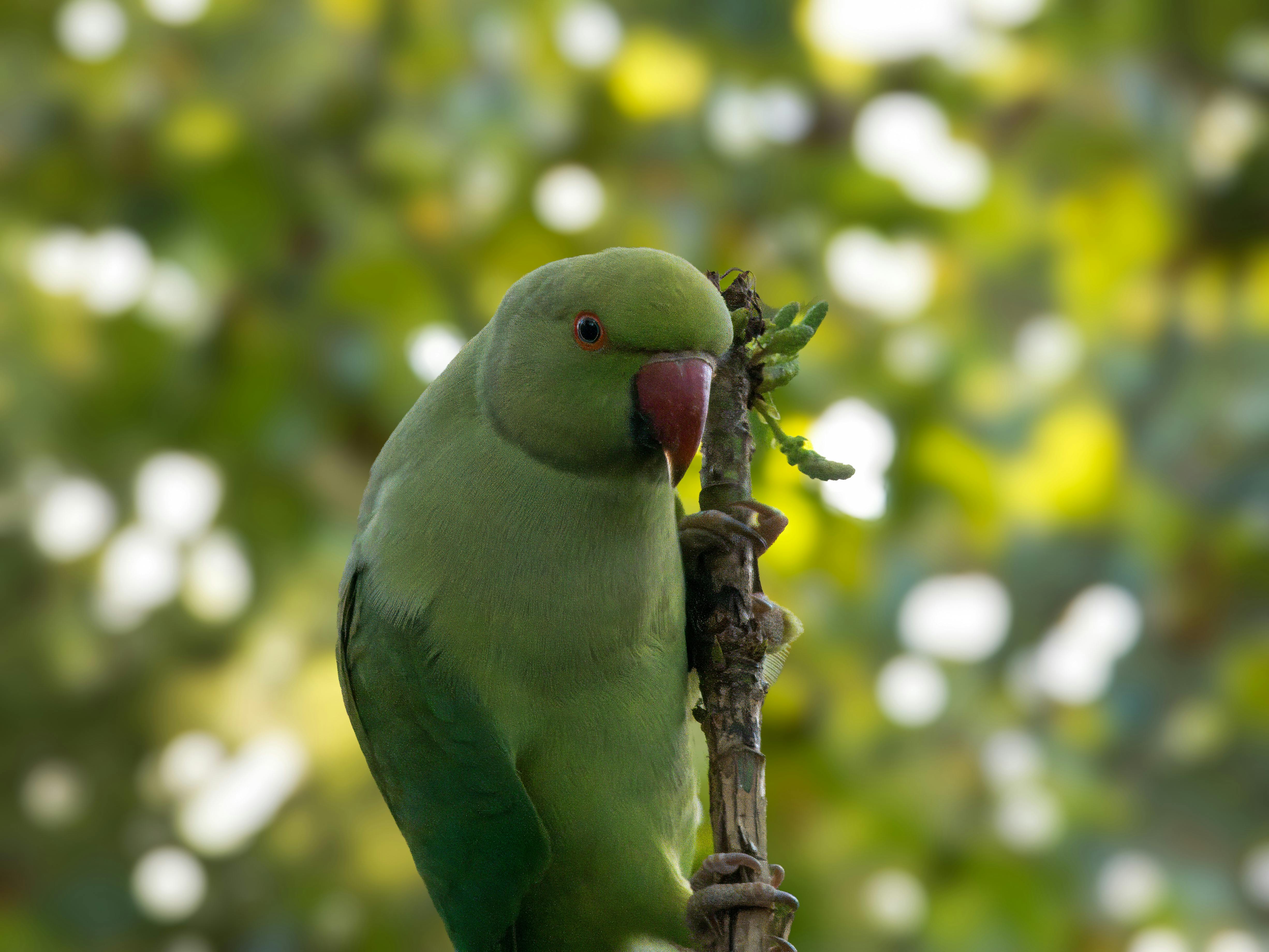
Effective Ways to Care for Your Parrotlet in 2025: Essential Tips for Happy Pets
Parrotlets are tiny, vibrant birds with big personalities, bringing joy and companionship to many households. Caring for these spirited pets requires understanding their specific needs, behaviors, and health concerns. In 2025, pet owners are more aware of parrotlet care's essential components, recognizing the importance of providing a well-balanced diet, social interactions, and suitable living environments. In this article, we will explore comprehensive parrotlet care, highlighting key areas that promote their well-being, including diet, training, health, and socialization.

We will dive deep into effective feeding practices, proper cage setup, and enriching activities that keep your parrotlet engaged. There are also practical tips for training and bonding, ensuring a loving relationship between owner and pet. By following these guidelines, your parrotlet can thrive in a safe and loving environment, achieving longevity and happiness.
Essential Guide to Parrotlet Diet for Optimal Health
Understanding and providing the right diet is crucial for parrotlet care. These small birds require a variety of nutrients to maintain their health, energy levels, and vibrant plumage. A well-balanced diet typically includes high-quality pellets, fresh fruits, vegetables, and seeds.
Top 3 Parrotlet Diet Essentials
1. High-Quality Pellets: Pellets should form the primary part of a parrotlet’s diet. Choose pellets specifically formulated for small birds, ensuring they provide the necessary vitamins and minerals.
2. Fresh Fruits & Vegetables: Offer a variety of fresh produce, including leafy greens, carrots, and berries. This not only supplies essential vitamins but also provides mental stimulation as your parrotlet learns to recognize different foods.
3. Seeds in Moderation: While seeds are a favorite treat for parrotlets, they should only be given in small amounts as they can be high in fat. Make sure to avoid high-fat seeds like sunflower seeds to prevent obesity.
Feeding Schedule for Healthy Parrotlet
Implementing a regular feeding schedule can help manage your parrotlet's diet better. Offer fresh food daily and remove any uneaten produce after a few hours to maintain hygiene. Alongside meals, ensure your pet has access to fresh water at all times.
Understanding Parrotlet Nutrition
Different parrotlet breeds may have slightly varying nutritional needs. Research the specific requirements for the breed you own. Consider consulting an avian veterinarian to help tailor their diet for optimal health.
Measuring out appropriate portions can prevent overfeeding and assist in weight management. Keep track of their weight regularly; fluctuations can indicate dietary imbalances or health issues needing attention.
Creating a Safe and Fun Living Environment for Your Parrotlet
Once dietary needs are met, attention must shift to creating a suitable living environment. An adequately set-up cage is essential for your parrotlet's well-being, allowing them to feel secure while also encouraging play and exercise.
Choosing the Right Cage Setup
Opt for a cage that is spacious enough for your parrotlet to move around, stretch their wings, and climb. If you are considering multiple parrotlets, ensure the cage is large enough to accommodate them comfortably without overcrowding.
Safety First in Parrotlet Housing
Safety measures should be taken into account, such as avoiding lead and zinc materials around the cage. Additionally, perches, toys, and any accessories should be bird-safe, avoiding any harmful substances or sharp edges.
Parrotlet Enrichment Activities
Engaging parrotlets in activities is vital for their mental health. Equip their living space with various toys – swings, foraging toys, and chew opportunities stimulate their natural behaviors and boredom. Daily playtime outside the cage is also crucial for emotional well-being.

Understanding Parrotlet Behavior for Better Bonding
To foster a strong bond with your parrotlet, it is essential to understand their behavior and social needs. Parrotlets are social creatures and thrive on interaction with their owners, leading to better behavior and companionship.
Recognizing Parrotlet Personality Traits
Every parrotlet has a distinct personality. While they may be small, their characters can be bold and sassy. Observing behavior helps gauge their comfort level and preferences regarding noise, interaction, and play. Some may enjoy cuddling, while others prefer to explore independently.
Socialization Techniques for Parrotlets
Introducing your parrotlet to new environments and family members can encourage socialization. Pair these experiences with treats and positive reinforcement to create a positive association. Socializing early can prevent behavioral issues later, like aggression or fearfulness.
Bonding Exercises with Your Parrotlet
Involving them in daily routines or simply spending quiet time together facilitates a trusting relationship. Gradually introduce handling, ensuring to read their body language as they adjust to your presence. Understanding their communication will enhance interactions and feelings of safety.
Grooming and Health Care for Your Parrotlet
Regular grooming is essential for the overall well-being of your parrotlet. These practices not only keep them clean but also contribute to their health and happiness.
Essential Grooming Techniques
Grooming should include nail trimming, beak care, and feather maintenance. Parrotlets typically groom themselves, but assistance might be necessary for nail and beak care to ensure their abilities to climb and feed properly.
Regular Health Screenings
Schedule regular check-ups with an avian vet to monitor your parrotlet's health. Keeping an eye on their weight, beak, and feather conditions can help catch potential issues before they escalate. Vaccinations may also be recommended to keep your bird healthy.
Common Parrotlet Diseases
Being aware of common diseases, such as feather plucking, respiratory issues, and obesity, is critical. Promptly addressing any health concerns is crucial, as early intervention can often lead to better outcomes.
FAQs About Parrotlet Care
What are the best toys for parrotlets?
Parrotlets enjoy various toys. Knots, wood chew toys, and foraging toys work best to keep them engaged. Ensure safety in toy materials, avoiding anything toxic.
How often should I interact with my parrotlet?
Daily interaction is essential. Spend at least a few dedicated moments bonding through play or talking. They thrive on social interaction, preventing behaviors associated with loneliness.
Can parrotlets be excellent companions for children?
Yes, parrotlets can be good companions when children learn to interact gently. Supervision is important to ensure the safety of both pets and children.
How can I tell if my parrotlet is happy?
Happy parrotlets typically show signs of vocalization, playful activity, and social engagement. A lack of these behaviors may indicate stress or unhappiness.
What type of crate is best for traveling with a parrotlet?
Traveling with a parrotlet requires a secure, ventilated crate. Look for those specifically designed for birds, allowing visibility and comfort during travel.
By implementing these effective care strategies, your parrotlet will not only thrive but will also become a cherished companion, enhancing your life with their playful spirit and affection.